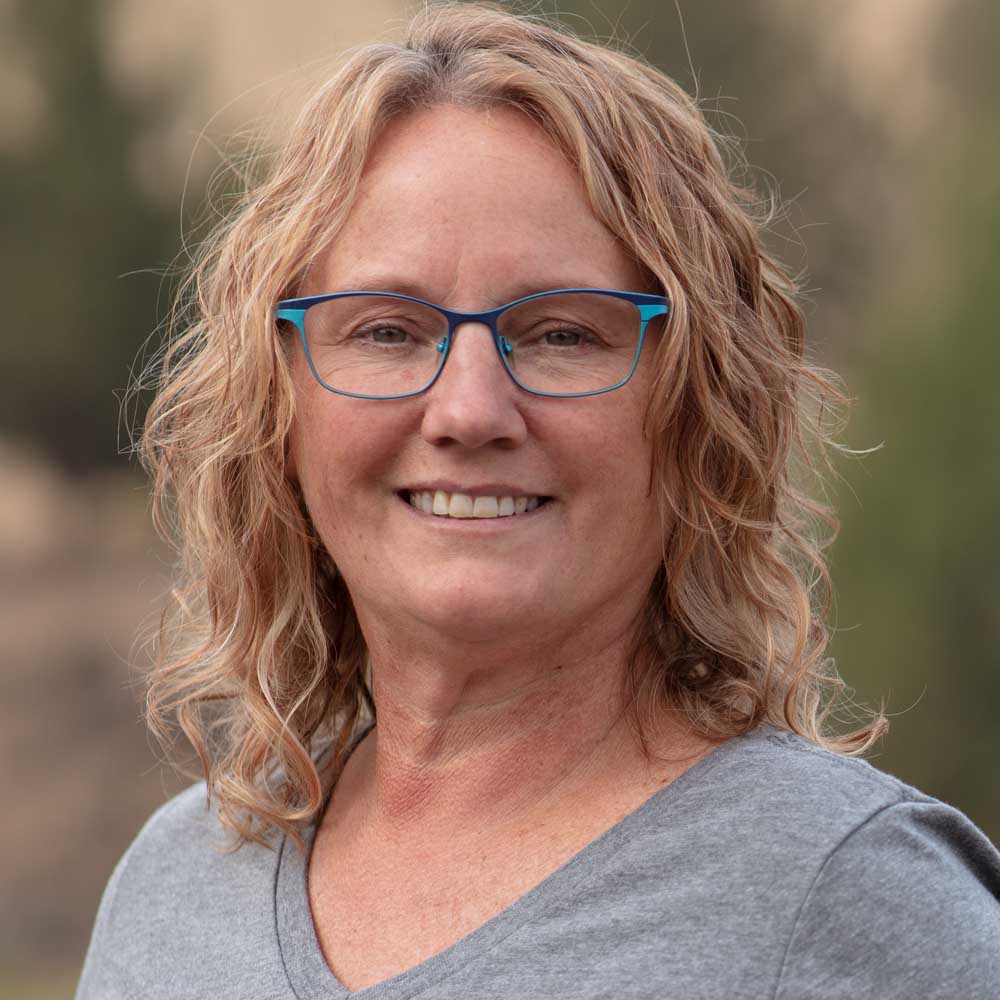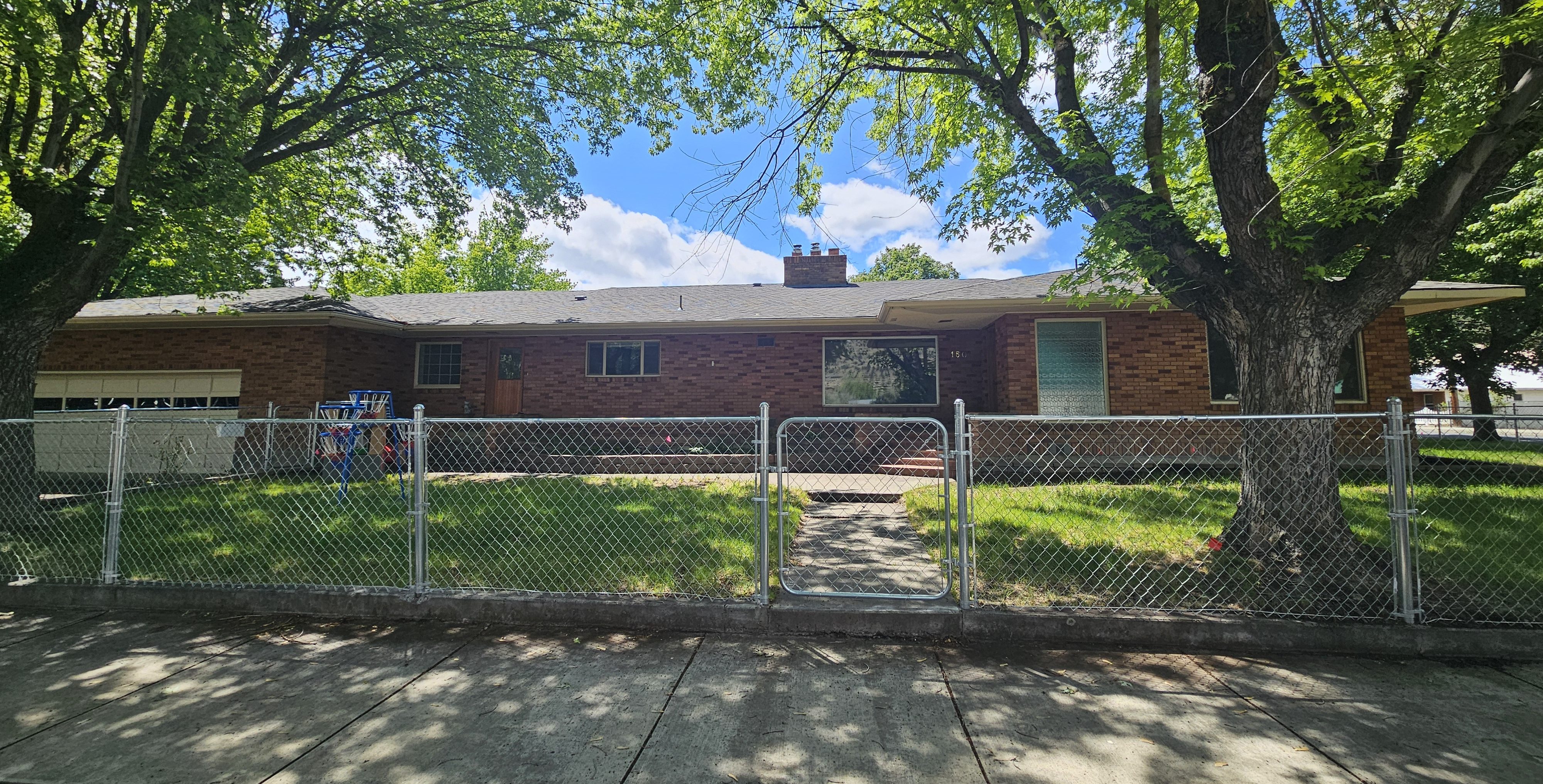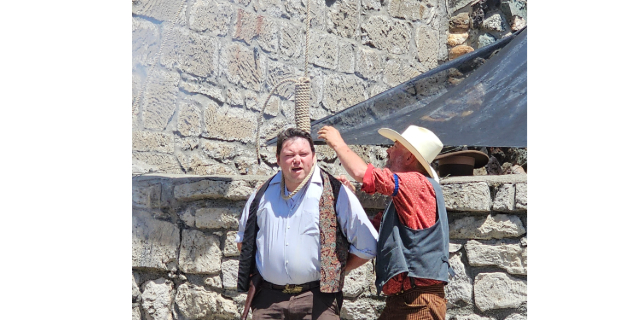John Day City Councilor target of state ethics probe
Published 1:15 pm Thursday, November 3, 2022

- Adair
JOHN DAY — Fallout from John Day City Councilor Shannon Adair’s purchase of a plot of land from the city has led to an investigation by the Oregon Government Ethics Commission as to whether Adair may have broken any state ethics laws.
Adair insists she never knowingly violated the law.
The complaint that led to the investigation was filed by local resident Bob Pereira, who alleges that Adair failed to declare a conflict of interest when she should have and that she used her position as a member of the John Day City Council for financial gain.
The land sale in question involves a 2.8-acre lot in the city’s Innovation Gateway district that Adair purchased for $122,840. Adair, who owns 1188 Brewing in downtown John Day, has formed a new venture called 1188 Destinations with several partners to develop the Innovation Gateway parcel.
Plans call for a distillery that is separate from the current brewing operations of 1188 Brewing. Also planned is a restaurant with a different menu than the pub fare offered by 1188, a handful of cabins intended for overnight lodging and a small outdoor pavilion that could be used to host live musical performances.
An Oregon Government Ethics Commission preliminary review of Adair’s case states that Adair may have had a conflict of interest during four city council meetings that she failed to disclose, in violation of ORS 244.020 (1) and (13).
The first was during a Dec. 14, 2021, meeting at which Adair submitted a letter of intent to purchase city property. The second was on May 10, 2022, when the council moved to discuss finalizing Adair’s purchase. In both instances, Adair recused herself from voting on the agenda items but did not publicly declare a conflict of interest, according to the preliminary review.
Also mentioned in the preliminary review were a pair of meetings on Jan. 12 and 26 of this year, when a new ordinance allowing the expedited sale of lands owned by the city was discussed and adopted. Information available at the time the preliminary review was conducted could not determine whether Adair publicly announced a conflict of interest during discussions in those two meetings.
Oregon Revised Statutes 244.120(2)(b)(A) states that when an elected official is met with an actual conflict of interest, the official must, on each occasion, publicly disclose the conflict of interest and refrain from participating as a public official in any discussion or debate on each occasion out of which the actual conflict of interest arises.
ORS 244.120(2)(b)(B), on the other hand, states that if a public official is faced with only a potential conflict of interest, they must publicly announce or disclose the potential conflict of interest but then may continue to participate and vote. The preliminary report goes on to state that Adair may have had a conflict of interest during all four meetings described above.
The second piece of the ethics complaint against Adair alleges that she used her position as a city councilor to obtain a personal financial benefit, which would be a violation of ORS 244.040(1). Specifically, the complaint claims Adair used her position to obtain a plot of land for her business without going through any public bidding process.
The preliminary review states that it appears Adair participated in the decision to change the city’s policy regarding the sale or disposal of city property, making it possible for her to subsequently enter into an agreement to purchase property that may not have been publicly advertised or put out to bid. The passing of Ordinance 21-192-03 appears to have aided Adair in her ability to purchase the land because the city was not required to publicly advertise lands available for sale following the passage of that ordinance in January of 2021.
Minutes from the Jan. 26 session of city council show that Adair moved to adopt the ordinance, with City Councilor Dave Holland seconding the motion. The motion passed unanimously.
Adair stated in an email to Hillary Murrieta, the lead investigator on the case, that Ordinance 21-192-03 was brought to the council because of growing public interest in lots at the John Day Industrial Park near the Grant County Regional Airport. Adair added that those properties were not ones 1188 was even remotely interested in acquiring.
The preliminary review states that Adair may have violated ORS 244.040(1) but that commission staff would need to determine how involved she was in the creation or passage of the ordinance that allowed her to purchase the property in the manner she did.
The final piece of the ethics investigation involves determining whether or not Adair violated ORS 244.040(4) by using her official position to profit through the use of confidential information she gained through her official position.
The preliminary review states that it does not appear that the information regarding the 2.8-acre plot of land was truly confidential. The availability of the property may not have been advertised, but that alone doesn’t mean the information was confidential. The review adds that it doesn’t appear that Adair violated ORS 244.040(4) in that instance.
A final report on the case is expected to be released in March.
If Adair is found to have violated state ethics laws, potential punishments could include fines. However, the Oregon Government Ethics Commission does not have the power to nullify the land sale, according to Murrieta.
For her part, Adair said she’s confident that she hasn’t knowingly violated ethics law. “I stand by decisions that I’ve made and have never willfully used my position for financial gain,” she said.
“I’ve always wanted to help support our community,” she added. “That’s the No. 1 reason I’m on city council.”
Pereira did not respond to requests for comment.





